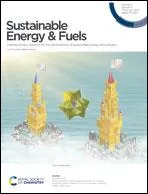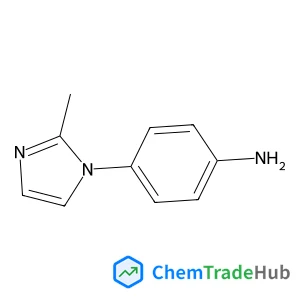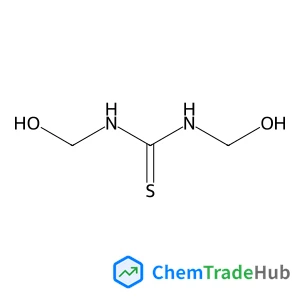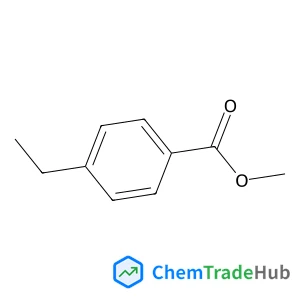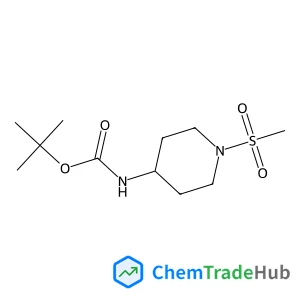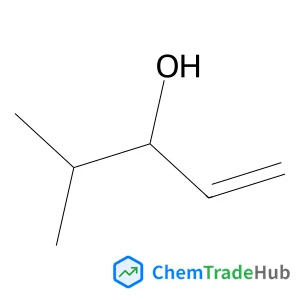Solventless thermal crosslinked polymer protective layer for high stable lithium metal batteries
Literature Information
Hyunjin Kim, Jeeyoung Yoo
Owing to its high theoretical capacity (3860 mA h g−1), Li metal is emerging as a next-generation anode material. However, its volume expansion is a major obstacle in its commercialization because it causes the collapse of the solid electrolyte interphase layer and lowers the coulombic efficiency of the battery. Moreover, it induces dendrite formation, which causes internal short circuits. To overcome this obstacle, we propose the use of a cross-linked poly(ethylene glycol) dimethacrylate (c-PEGDMA) film containing ethylene oxide units as a protective layer for the metal surface. We prepared the c-PEGDMA by using a simple solventless process. It was coated on the surface of Li metal for a short time and thermally cured. The film was found to inhibit the volume expansion of Li metal during cycling, thereby reducing coulombic efficiency degradation and dendrite growth. The proposed surface stabilization technique is expected to be effective for Li metal batteries.
Related Literature
IF 6.367
Mechanically stable and economically viable polyvinyl alcohol-based membranes with sulfonated carbon nanotubes for proton exchange membrane fuel cellsIF 6.367
Catalytic depolymerization of alkali lignin in ionic liquids on Pt-supported La2O3–SO42−/ZrO2 catalystsIF 6.367
Small size yet big action: a simple sulfate anion templated a discrete 78-nuclearity silver sulfur nanocluster with a multishell structureIF 6.222
Insights into the mechanism of photosynthetic H2 evolution catalyzed by a heptacoordinate cobalt complexIF 6.367
Metal–organic frameworks: preparation and applications in highly efficient heterogeneous photocatalysisIF 6.367
Facile room-temperature growth of nanostructured CuBi2O4 for selective electrochemical reforming and photoelectrochemical hydrogen evolution reactionsIF 6.367
Boronic acid liposomes for cellular delivery and content release driven by carbohydrate binding‡IF 6.222
Performance of electrode-supported silica membrane separators in lithium-ion batteriesIF 6.367
Front coverIF 6.843
Source Journal
Recommended Compounds
Recommended Suppliers
 Chongqing Wanhao Purification Technology Co., Ltd.
Chongqing Wanhao Purification Technology Co., Ltd. Zhejiang Huasheng Chemical Products Co., Ltd.
Zhejiang Huasheng Chemical Products Co., Ltd. Sichuan Shenlian Biotechnology Co., Ltd.
Sichuan Shenlian Biotechnology Co., Ltd. Bureau Veritas Consumer Products Services Germany GmbH
Bureau Veritas Consumer Products Services Germany GmbH XENOPS Chemicals GmbH & Co. KG
XENOPS Chemicals GmbH & Co. KG Shanghai Kain Biopharm Technology Co., Ltd.
Shanghai Kain Biopharm Technology Co., Ltd. GB-Chemie GmbH
GB-Chemie GmbH Qingdao Xinxingtai Biotechnology Co., Ltd.
Qingdao Xinxingtai Biotechnology Co., Ltd. Eurofins GfA Gesellschaft für Arbeitsplatz und Umweltanalytik mbH
Eurofins GfA Gesellschaft für Arbeitsplatz und Umweltanalytik mbH Edelstahlservice Sulz GmbH
Edelstahlservice Sulz GmbH










